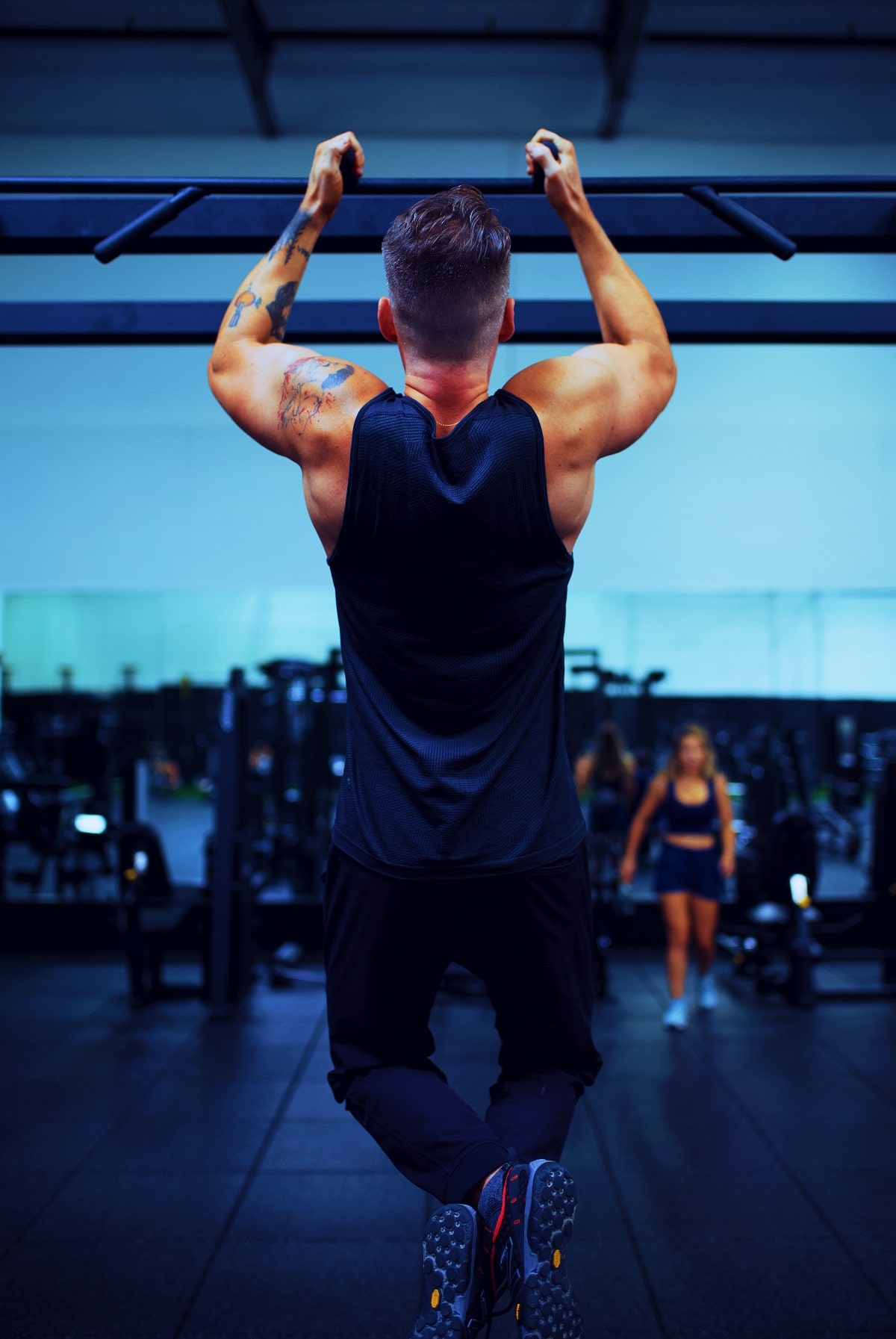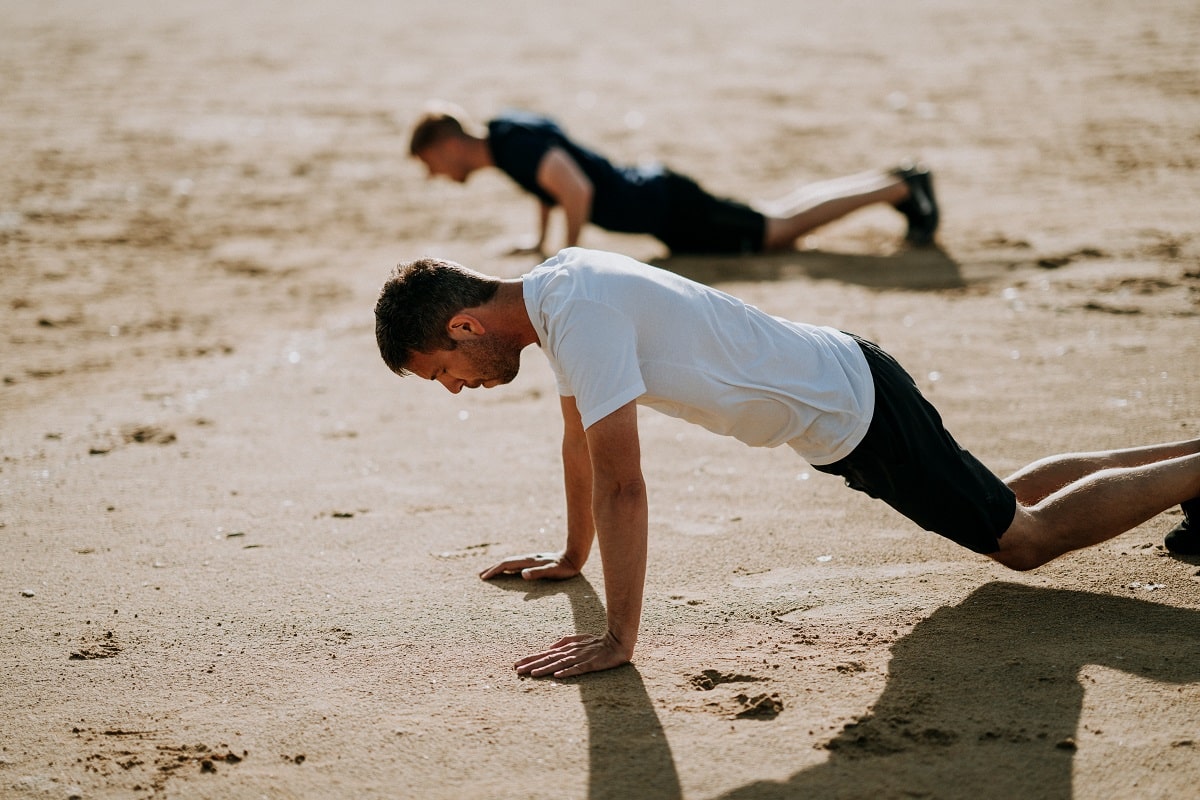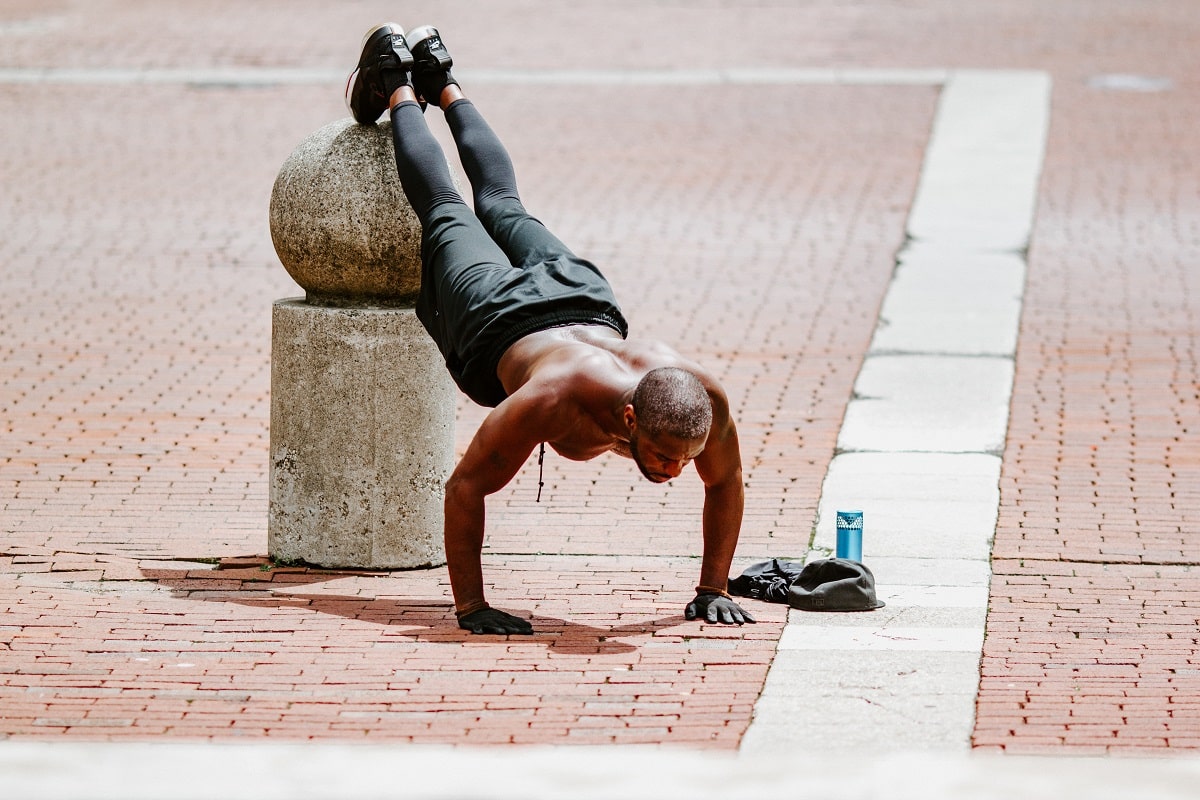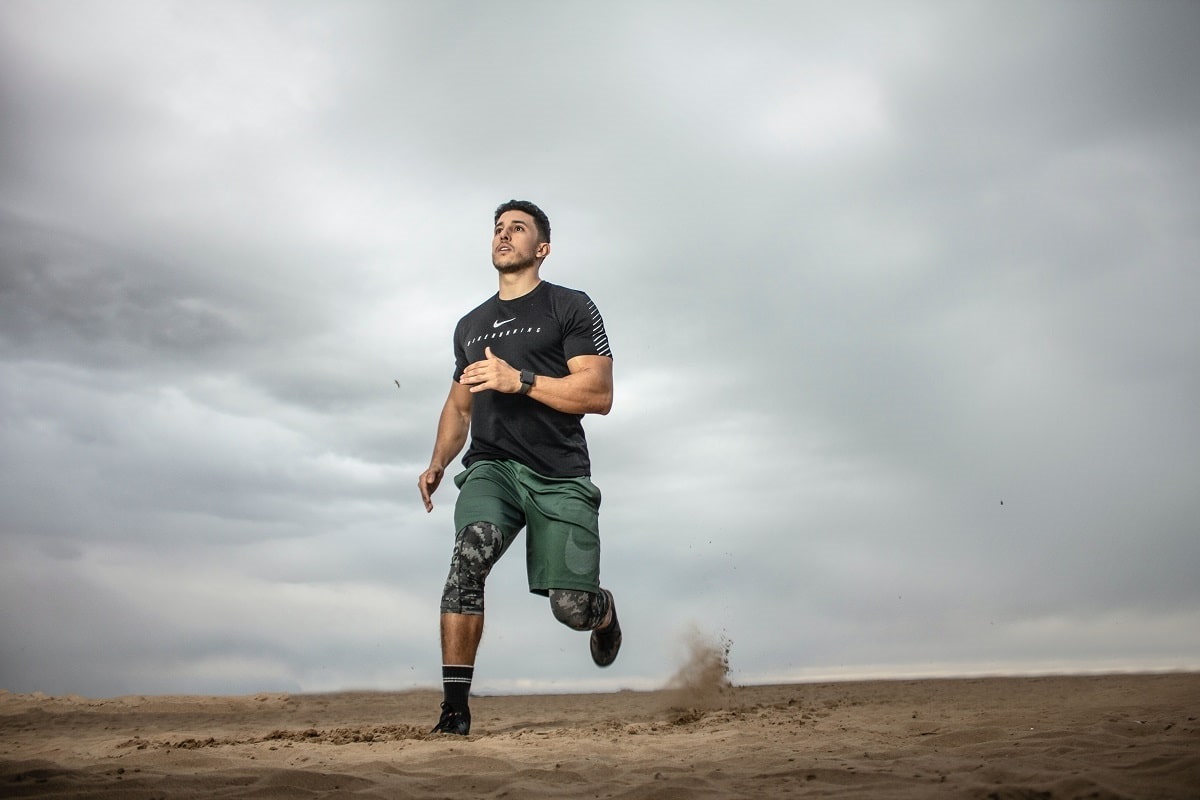1
HOME > Health & Fitness >
FITNESS GOALS AND ALCOHOL: CAN YOU HAVE BOTH?
Written by James Staring in Health & Fitness on the 26th September 2023

You may have heard of sweating out a hangover. It’s a myth. Alcohol dehydrates you. So does exercise. Two plus two isn’t zero. That’s not to say you can’t enjoy an alcoholic beverage if you are pursuing a health and fitness goal, but you do need to understand how alcohol can affect how well you do this.
Your performance
All exercise requires a degree of coordination. You will need to coordinate different limbs in a sequence to execute the movement you have in mind. Because alcohol is a diuretic, you’ll become dehydrated when you indulge. Alcohol-induced dehydration can affect your motor skills, balance, and coordination.

In addition to physical capabilities, alcohol consumption can affect your ability to think clearly and make decisions. You may think this doesn’t matter much when working out, but think again. When you’re in the gym, you need to decide if a weight is too heavy, or if you need longer rest. If you decide unwisely, you can hurt yourself. By being clear headed, you make better choices that affect your long-term progress. Besides reduced physical performance, dehydration also causes brain fog (your brain is 75% water, so even 2% dehydration can affect brain function dramatically). This will impair your ability to think on your feet and react, which is an important part of performance. When you drink alcohol, your liver reduces glucose production in favour of processing alcohol. Because your liver will prioritise processing alcohol over producing glucose, a needed energy source for exercise, your workout quality will be reduced because you lack sufficient energy to complete it.

Your metabolism
Alcohol causes metabolic issues on two fronts when it comes to exercising. a. Low blood sugar: alcohol can interfere with your metabolism by increasing insulin secretion. Increased insulin secretion leads to low blood sugar. As you need sugar in your blood stream to provide energy to exercise, when alcohol is in your system you can expect to feel sluggish while you work out. b. Prioritising an unwanted energy source: when you exercise, your body has a variety of energy sources available for fuel. The most desirable energy source is stored fat (the one everyone wants to burn more of when working out). When your liver processes alcohol, your body will have ethanol in its system. Because ethanol is toxic in large quantities, your body will prioritise burning that as a fuel source instead of stored fat.
Your recovery
To maintain a healthy lifestyle and achieve health and fitness goals, quality recovery is essential. Alcohol consumption reduces the time you spend in deep sleep, meaning you spend more time in REM and lighter sleep cycles. This is significant because it's during deep sleep when your body produces hormones that facilitate lean muscle development. Light alcohol consumption has been shown to increase strength losses and increase time necessary to recover after you've worked out. Heavy alcohol consumption has been shown to increase recovery time required from soft tissue injuries like sprains and strains. If you make the decision to drink alcohol, you need to manage your expectations and your training schedule. Here are three tips to help you enjoy drinking alcohol occasionally and still pursue your health and fitness goals.

1. Expect the process to take longer
As soon as alcohol enters the picture, you can expect that the timeline you've set to achieve your goals will be longer than expected, if the goals can be achieved at all. Your body will operate less efficiently if you drink alcohol than if you don't. Regardless of your goals, you'll be exercising with the intention of making improvements. Once regular alcohol enters the picture, your best intentions will be jeopardised.
2. Time your workouts
You need to allow for alcohol to be fully processed before exercising. An important part of exercising with a health and fitness goal in mind is consistency. For this reason, if you plan to drink, allow yourself enough time to fully process the alcohol you've consumed before you hit the gym (i.e. 48-72 hours). By doing this you'll go to the gym ready to perform at your best, and this is how you'll achieve your goals.
3. Try cutting out alcohol for a week
Work out as you usually do and see how you feel. Sometimes the best way to turn over a new leaf is to sample the other side of the fence. After that, proceed with your usual routine, then compare the two weeks. Did you perform as well in the gym as usual? Do you feel better by not drinking alcohol or maintaining the status quo? If you feel better by not drinking alcohol, then maybe you're onto something. Sometimes you may think you can get away with drinking alcohol regularly and still maximise your fitness efforts. But you can’t have it all. If you’re working out regularly and eating healthily to achieve a result, alcohol can be the liability that holds you back. Give it a miss or cut it back considerably – you’ll see better results faster.

James Staring is the founder and lead fitness coach at Fit to Last Personal Trainers, which offers a high-end, all-inclusive fitness solution for those who’ve tried everything in the past; crash diets, exercise fads, regular gyms etc., all with little to no success or results. Fit to Last works in partnership with you to create a personalised programme of exercise, nutrition (no calorie counting or weighing) and small, simple lifestyle changes, to keep you on track to your goals, injury free and bursting with energy.
Trending
2
3
4
5
6
7
8
9
10









